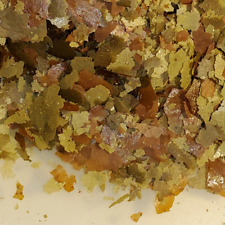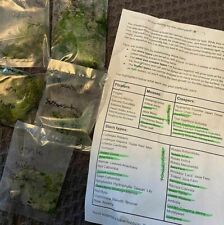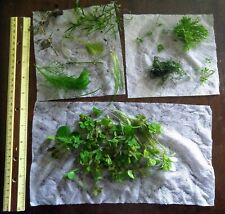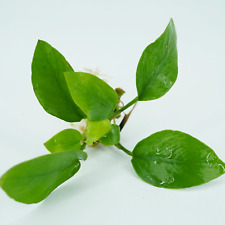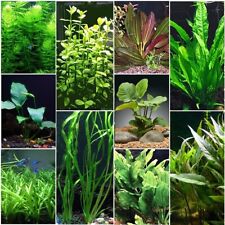Is My Cat’s Food Causing Dandruff?

I have 2 cats, and currently feed them on a premium brand of commercial cat food. However, they have been having dandruff, and bad breath. Is there a better food/brand to have them on?

Bad breath is not normally a result of your cat’s nutrition. While it could be a sign of a more serious underlying health concern, bad breath is normally a result of an oral problem, such as gum disease. Interestingly, some research associates flaking of the skin with dental problems, so it would be very worthwhile having your cat’s mouth examined by your veterinarian. There are some parasitic skin conditions that can cause dandruff, such as Cheyletiella, a mild dermatitis caused by mites which is easily treatable.
For this question, let’s assume that the two symptoms are unrelated, since flaking of the skin is sometimes a result of diet, where as bad breath is not. Lack of protein, lack of fat and dehydration can lead to a poor coat quality, dandruff and overall dryness. A healthy coat and epidermis relies on all of these to be provided at adequate levels. Cats should always have a supply of fresh water available, particularly if they are fed dry food. Unlike dogs, who convert mostly carbohydrates and fats for energy, cats meet most of their energy needs with protein. Cats therefore require significantly more protein in their diets than do dogs (or, for that matter, humans). Fats are also an important component of feline diets. In addition to being a source of energy, they provide the essential fatty acids (linoleic and arachidonic acids) and act as a carrier of the fat-soluble vitamins A, D, E and K. In severe cases, dietary deficiency of fat or protein can affect the skin and coat so much that protection against infection and ability to heal are impaired.
While there are countless arguments for and against commercially-produced cat food, assuming that the brand meets Association Of American Feed Control Officials (AAFCO) profiles, the food will contain required levels of fat and protein. Let’s also assume that your cat is receiving sufficient hydration – from both the food she is eating and through drinking water separately. Many cats with dry skin and no apparent underlying health conditions respond well to treatment with fatty acid supplements that are rich in omega-3 fatty acids – often producing a much healthier skin and shiney coat.

KanaFlake for Ornamental Aquarium Species, Saltwater or Freshwater
$61.56
4 species Live Beginner Aquarium Plants Starter Pack (Bundle Package) Freshwater
$39.99
NO FLOATER Sampler 10 Species Low Tech Plant Live Freshwater Trims Aquarium Easy
$29.99
10 Random Nano Sample Species Plants Live Freshwater Trim Aquarium Easy Beginner
$29.99
Species Golden Anubias Loose Live Plants Aquarium Freshwater Nature Decoration
$11.99
10 Florida Species Live Freshwater Aquarium Plants Fish Tank
$109.99
